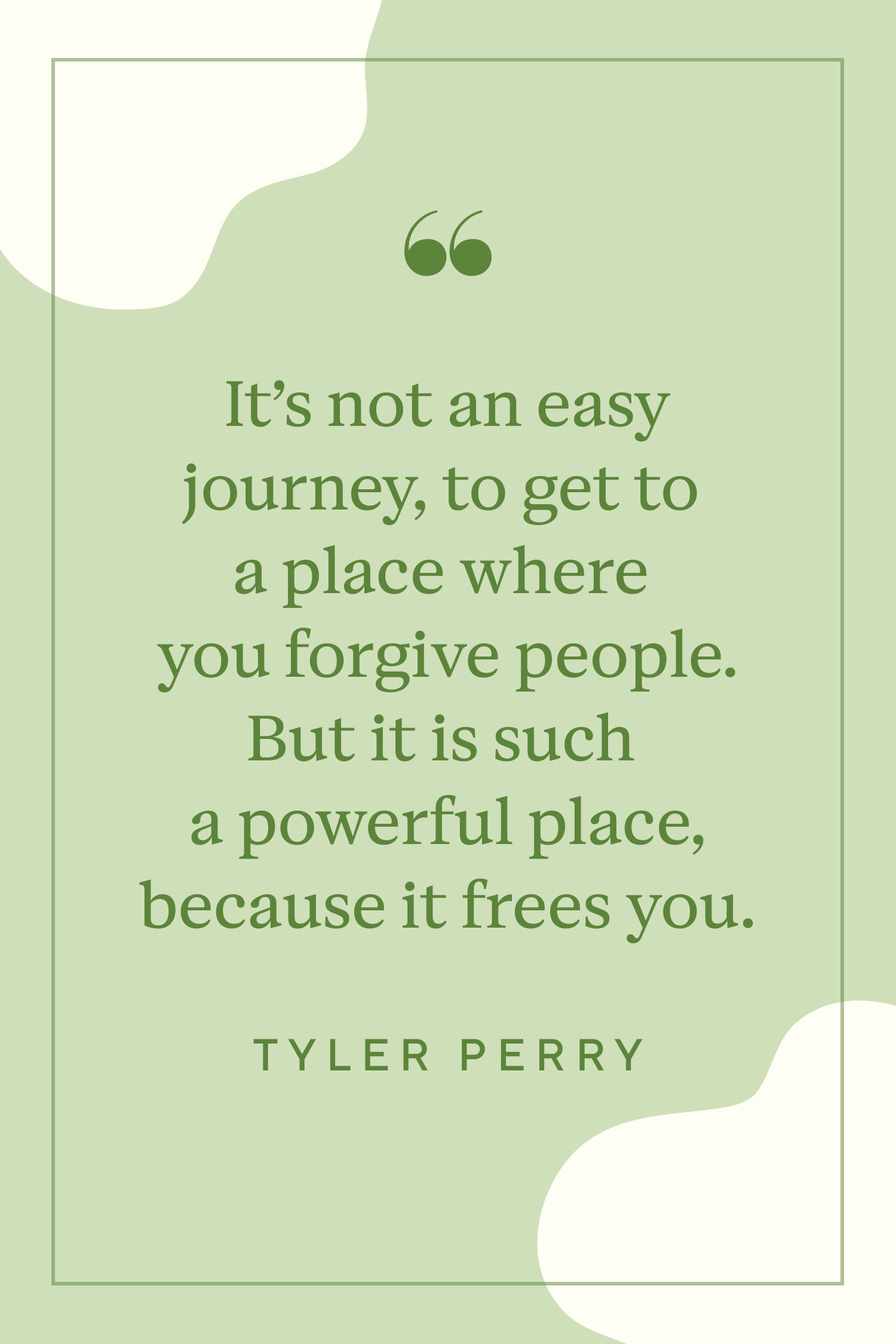How to Forgive Someone: Finding the Strength to Let Go and Move On
How to Forgive Someone: Finding the Strength to Let Go and Move On
Blog Article
Recognizing the Significance of Forgiveness in Healing Relationships
Mercy is often checked out as a straightforward act of letting go, yet its relevance in recovery connections expands far beyond simple absolution. What stays to be discovered is the extensive effect forgiveness can have on private development and public consistency.
The Interpretation of Forgiveness
Although forgiveness is commonly regarded as a simple act of releasing, its meaning includes an intricate interaction of psychological and psychological processes. At its core, forgiveness is the mindful choice to launch sensations of animosity or revenge towards a private or team that has caused harm. This procedure is not just regarding discharging the wrongdoer; instead, it includes a profound psychological improvement that can result in personal growth and recovery.
Mercy is complex, frequently characterized by an individual's inner battle to integrate their pain with the desire for peace. It requires identifying the misdoings dedicated, processing the linked feelings, and eventually making an option to progress without the problem of bitterness. This option typically entails a cognitive change, where one reframes their understanding of the wrongdoer and the transgression, enabling compassion and comprehending to arise.
Significantly, forgiveness does not indicate condoning the actions or failing to remember the crime; it is a calculated act that prioritizes emotional wellness. By defining forgiveness in this way, we can appreciate its duty in assisting in healthier partnerships and cultivating psychological resilience, establishing the stage for much deeper expedition into its advantages.
Emotional Advantages of Forgiveness
Mercy uses significant psychological advantages that can greatly impact a person's mental wellness and overall health. When a person chooses to forgive, they actively release sensations of animosity, anger, and resentment, which can or else create a heavy psychological worry. This launch typically brings about a reduction in tension and anxiousness, promoting a sense of peace and psychological security.
Moreover, forgiveness promotes a raised capacity for empathy and compassion. By comprehending the viewpoint of the offender, individuals can cultivate a deeper emotional durability, which improves their capacity to manage future obstacles. This procedure not only enhances emotional guideline however additionally contributes to a much more favorable expectation on life.
In addition, flexible others can reinforce one's self-confidence and self-respect. It permits people to recover their individual power, damaging devoid of the unfavorable cycles of victimhood - The importance of forgiveness. This newly found empowerment can result in much healthier emotional responses and stronger social connections
Mercy vs. Reconciliation
The distinction in between mercy and settlement is vital in recognizing the characteristics of healing connections. Forgiveness is an inner procedure where a private chooses to allow go of animosity and unfavorable feelings towards someone that has caused injury. It is largely a personal journey, concentrated on emotional release and self-healing, permitting one to relocate ahead without bring the problem of past grievances.
In contrast, settlement involves restoring and restoring the partnership to a state of trust fund and shared regard. This process often needs open communication, energetic participation from both events, and a commitment to resolving the underlying issues that brought about the dispute. While mercy can happen individually, reconciliation requires the willingness of both people to take part in discussion and pursue a click to read shared understanding.
It is important to keep in mind that mercy does not always cause settlement. An individual may forgive an additional without opting to bring back the partnership, particularly if count on has actually been irrevocably harmed or if the relationship is considered undesirable. Recognizing this distinction allows people to navigate their emotions successfully and make notified choices concerning their connections.
Steps to Cultivate Forgiveness
Cultivating forgiveness is a deliberate procedure that includes a number of crucial steps aimed at helping with psychological healing. The primary step is recognizing the pain triggered by the violation. Acknowledging one's feelings is necessary, as it allows people to process their emotions genuinely.
Following, reviewing the case and recognizing its effect can offer clearness. This representation ought to consist of checking out the motivations behind the wrongdoer's actions and recognizing that everybody is imperfect.
The 3rd action entails making a conscious choice to forgive. This choice is critical, as it indicates a willingness to allow go of resentment and move on.
Ultimately, sharing feelings in a positive fashion can be helpful - The importance of forgiveness. Whether via journaling, talking with a trusted buddy, or looking for treatment, expression of emotions can assist in the forgiveness trip
Real-Life Instances of Forgiveness

In an additional example, a dense team of good friends encountered a significant break after one participant unintentionally shared a personal key. Instead of harboring bitterness, the affected friend made a decision to forgive, recognizing the importance of valuing the relationship over the error. This decision encouraged open discussion and eventually strengthened their connection.

Final Thought
In conclusion, mercy plays a pivotal duty in the healing of connections by helping with the launch of adverse emotions and cultivating compassion. By identifying in between mercy and settlement, individuals can involve in a constructive procedure that improves emotional health.

Report this page